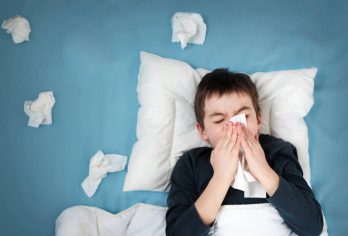According to the American Lung Association, asthma is the most common condition that chronically affects children in the U.S. These children often experience flareups, which could occur from nearly anything, including allergens, chemicals, stress, excitement, and exercise. In the summer, one of the most concerning triggers that parents should be aware of is the hot outdoor air.
Factors Affecting Air Quality
Just when parents are finally able to let their children play outside, they may have to tell them to stay inside instead if the forecast is showing a string of particularly hot, sunny days. The reason for this is that the ozone in the air, which is produced by ultraviolet light from the sun, can increase exponentially on these sunniest of days. Those living in urban areas are particularly at risk, but wind can push the excessive levels of ozone nearly anywhere, including into more rural areas that are typically assumed to have clean and healthy air.
Pay Attention to Air Quality Reports
Parents of children with asthma should carefully monitor air quality. They may be able to do this through the newspaper or through a weather app on their smartphones, but they should know that not all poor air quality days make it onto official alerts. Instead, they may want to find a local app using information from the Environmental Protection Agency that will display up-to-the-minute ozone levels.
In addition, parents will want to make sure that they keep their children inside during the hottest parts of the day, plan most outdoor activities for the morning, have children take plenty of breaks indoors and find plenty of fun activities for the indoors. In addition, they should be sure that they know exactly where their child’s rescue inhaler is and should know how to use it.

